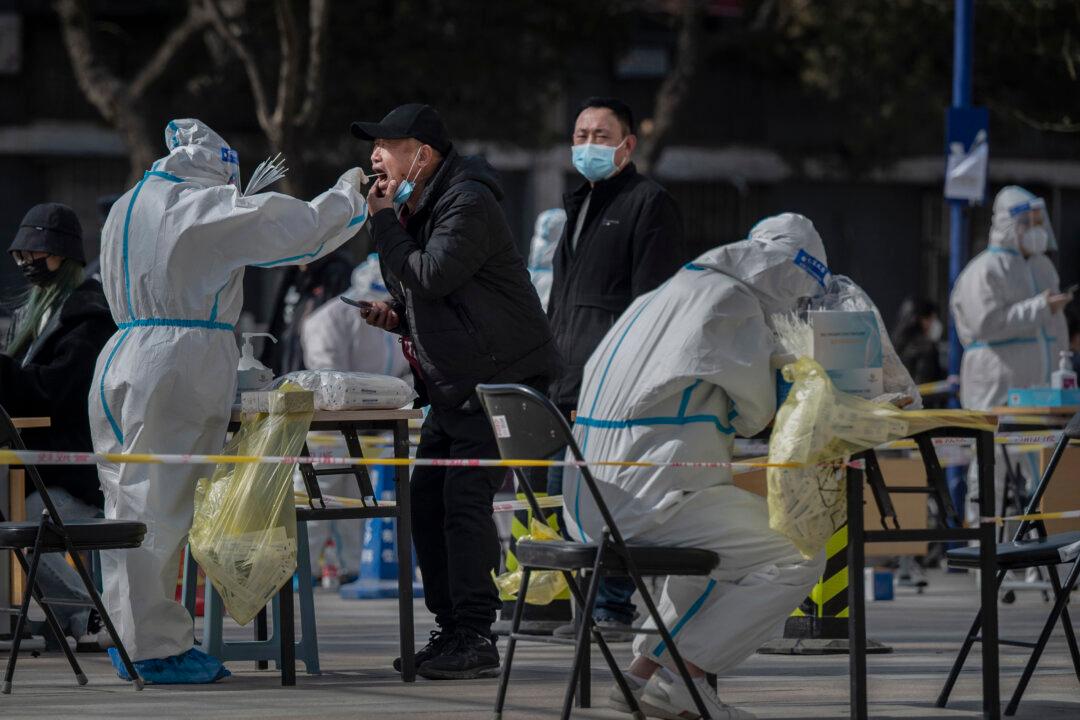The Chinese Communist Party (CCP) media continues to hype the “Zero-COVID” policy claiming it brings greater certainty to China and favorably contributes to the world economy. However, this contradicts the findings of international research firms that say, in combination with the Russia-Ukraine war, the CCP’s COVID policy has slowed global economic growth and pushed inflation to new heights.
An article published on May 12 by Xinhua, the CCP mouthpiece, said China’s Zero-COVID policy “not only creates a healthier, safer, and more stable environment for China’s development, but it also benefits the world by bringing greater certainty to the economy.”





